20+ Years Experience
Specialist Education Providers

Enquire Today For A Free No Obligation Quote
Constructive play not only entertains, but also provides numerous benefits for children in the Early Years Foundation Stage. Discover the importance of constructive play and how it can benefit your little one’s development.
Constructive play is a form of play in which children utilise their imagination and ingenuity to construct, design, and manipulate objects. This can involve activities like building with blocks, constructing with Legos, or creating with art supplies.
Through this type of play, children are able to develop a range of skills, including problem-solving, critical thinking, spatial awareness, and fine motor skills. It also encourages their creativity, imagination, and social interaction as they work together with others and exchange ideas.
Overall, constructive play plays a crucial role in the early development of children, supporting their cognitive, physical, and social-emotional growth.
Constructive play is a crucial aspect of early childhood development, particularly for children in the Early Years Foundation Stage (EYFS).
In this section, we will discuss the various benefits of constructive play for EYFS children. We will explore the specific skills that this type of play cultivates, including cognitive development, fine motor skills, and social and emotional skills.
Constructive play helps develop a wide range of skills in EYFS children.
Constructive play helps support cognitive development in various ways:
Constructive play is essential for enhancing fine motor skills in EYFS children. Here are steps on how it achieves this:
By engaging in constructive play, EYFS children fine-tune their fine motor skills, preparing them for activities that require precision and control in the future.
Constructive play is a valuable tool for EYFS children to develop important social and emotional skills. By participating in activities such as building with blocks and creating with playdough, children are able to learn how to effectively communicate, cooperate, and negotiate with others. They also develop empathy and understanding by collaborating and sharing ideas.
Additionally, constructive play promotes problem-solving abilities and resilience as children learn to overcome challenges and adapt their ideas. Engaging in these activities allows children to express their emotions and boosts their self-confidence.
Overall, constructive play provides a stimulating environment for EYFS children to cultivate crucial social and emotional skills that will serve them well throughout their lives.
As early years pupils embark on their learning journey, it is crucial to provide them with opportunities for constructive play. This type of play allows children to actively engage with materials and explore their surroundings, promoting both physical and mental development.
In this section, we will discuss the different types of constructive play that are suitable for EYFS children, including building with blocks, creating with playdough, constructing with Legos, designing with Magna-Tiles, and crafting with recycled materials. Each of these activities offers unique benefits, from problem-solving and cognitive development to social and academic success.
Building with blocks is an essential aspect of constructive play for EYFS children. It not only promotes physical and mental development, but also problem-solving skills and hands-on learning. Here are steps to encourage and enhance this type of play:
By incorporating outdoor learning and utilising diverse learning materials, constructive play with blocks can greatly benefit early years pupils, helping them develop their problem-solving abilities.
Creating with playdough is a valuable constructive play activity for EYFS children. It promotes hands-on learning and cognitive development, allowing children to explore and experiment with different shapes and textures. Here are steps to encourage playdough play:
By engaging in playdough play, children develop their cognitive skills while having fun and expressing their creativity.
Constructing with Legos is a valuable form of hands-on learning and play for EYFS children. It promotes cognitive development by enhancing problem-solving skills and spatial awareness.
Through manipulating Lego pieces, children also cultivate fine motor skills, essential for tasks like writing. Engaging in constructive play with Legos can contribute to academic success as it fosters creativity, critical thinking, and logical reasoning.
Additionally, this activity encourages social success by promoting collaboration, communication, and teamwork when children work together to build and create. Overall, constructing with Legos offers numerous benefits for EYFS children’s holistic development, including the promotion of social skills and success.
Designing with Magna-Tiles is a hands-on learning activity that promotes cognitive development, fine motor skills, academic success, and Social Success in EYFS children. Here are some steps to encourage constructive play with Magna-Tiles:
By engaging in constructive play with Magna-Tiles, children develop critical thinking, spatial reasoning, and creativity, fostering their overall development and preparing them for future academic and Social Success.
As parents and educators, we all want to provide the best opportunities for our children’s development. One way to do so is through constructive play, which allows children to learn and grow through hands-on exploration and problem-solving.
In this section, we will discuss how parents and educators can encourage and facilitate constructive play in EYFS (Early Years Foundation Stage) children. From providing a variety of materials to promoting collaborative working, we will explore different strategies to support the development of key skills through constructive play.
Providing a variety of materials is essential for promoting constructive play in EYFS children. Here are some steps to encourage this type of play:
Allowing for open-ended play is crucial for EYFS children as it promotes hands-on learning and supports their development in various areas. Here are some steps to encourage open-ended play:
By incorporating these steps, children can engage in open-ended play, which nurtures their creativity, critical thinking, and social-emotional development.
When engaging in constructive play, it is important for parents and educators to offer guidance and support to EYFS children. Here are some steps to encourage and facilitate their learning:
True story: At a preschool, a group of children were given building blocks and encouraged to work together in small groups to create a structure. Through guidance and support, they not only built an impressive tower but also learned valuable social skills and problem-solving techniques.
Collaboration is a crucial aspect of constructive play for EYFS children, promoting social skills and collaborative work. To encourage collaboration, try:
Engaging in constructive play can have numerous benefits for Early Years Foundation Stage (EYFS) children. By incorporating hands-on activities, exploratory play, and problem-solving tasks, children can develop important skills while having fun.
Building a fort through constructive play offers numerous benefits for EYFS children, promoting outdoor learning, hands-on exploration, problem-solving, and social skills development. Here are the steps to build a fort:
Through this process, children engage in exploratory play, develop problem-solving skills, and learn to work collaboratively in small groups.
Creating a marble run is a fun and educational activity for EYFS children that promotes hands-on learning, exploratory play, problem-solving, fine motor development, collaborative working, and interaction in small groups. Here are the steps to create a marble run:
Remember with any type of play, it is important for children to be supervised so that they remain safe.




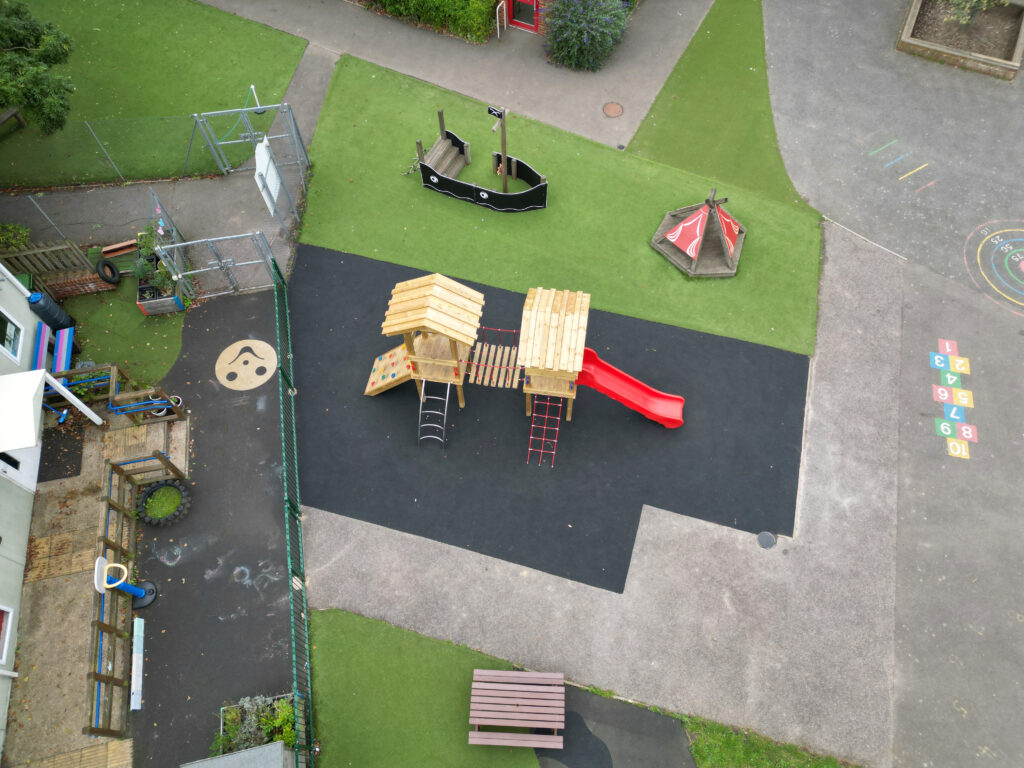

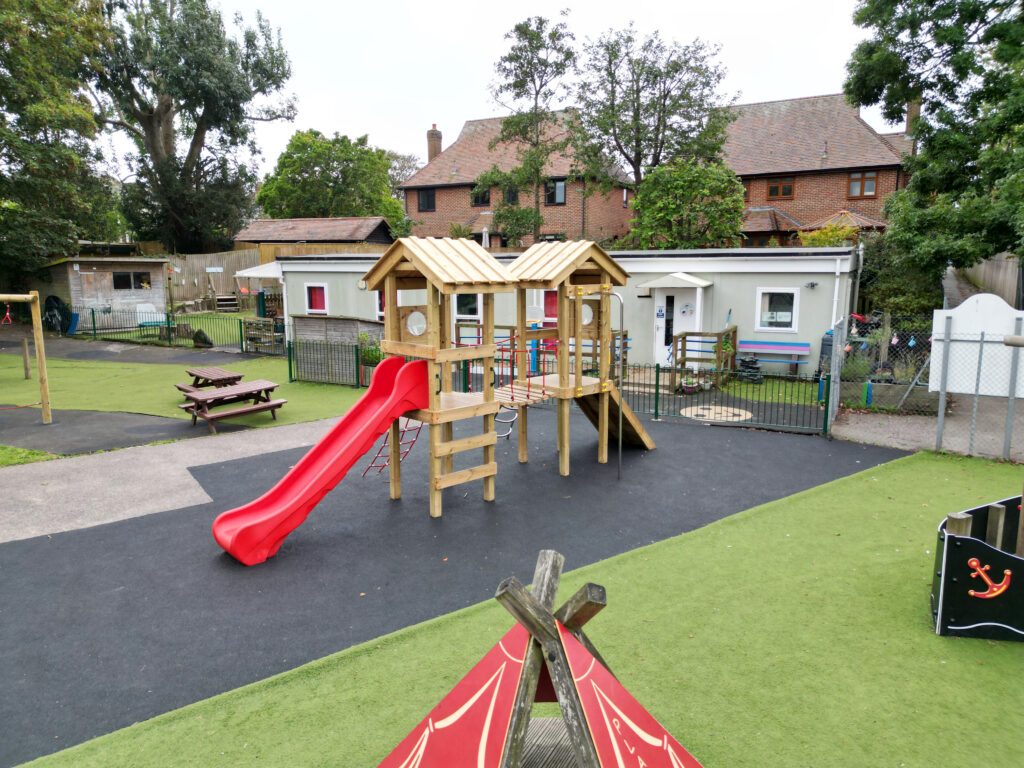
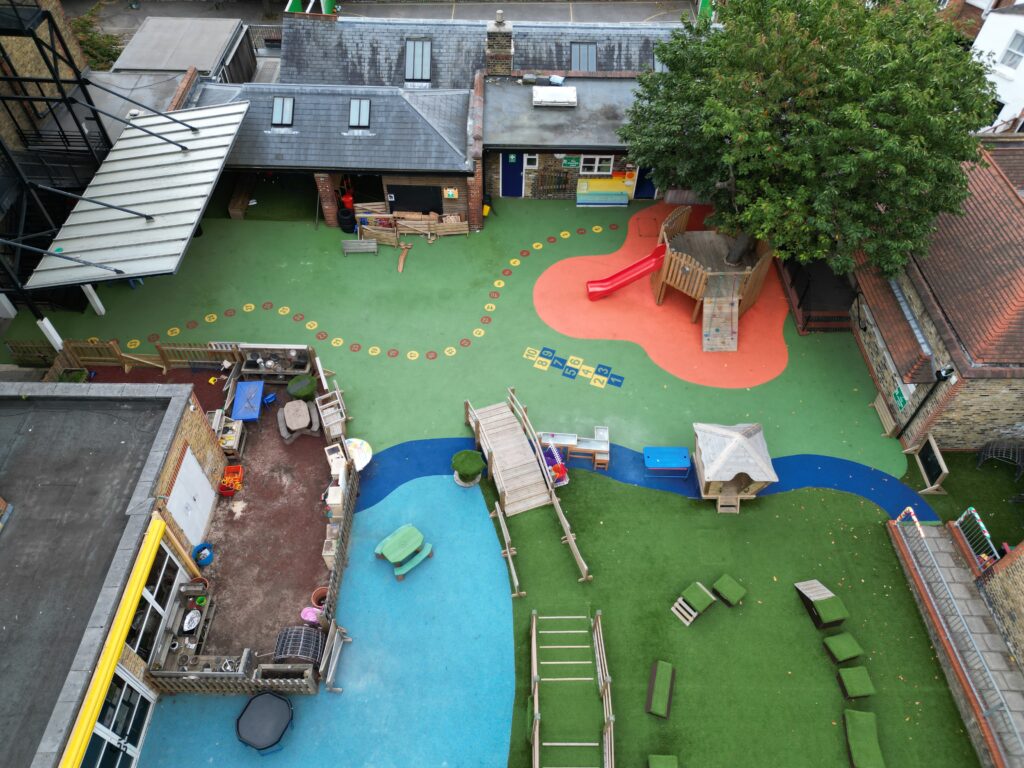






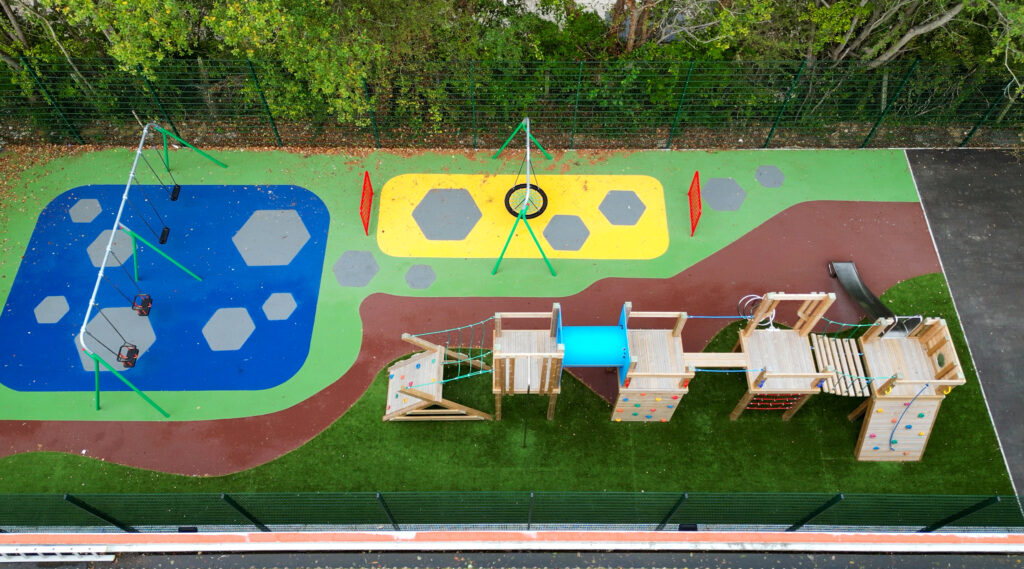










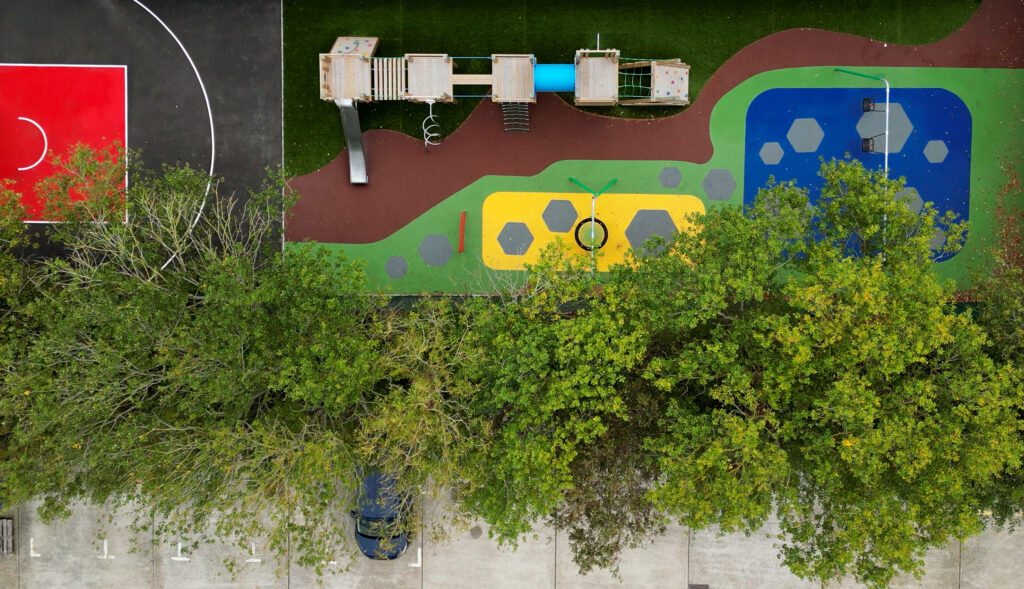









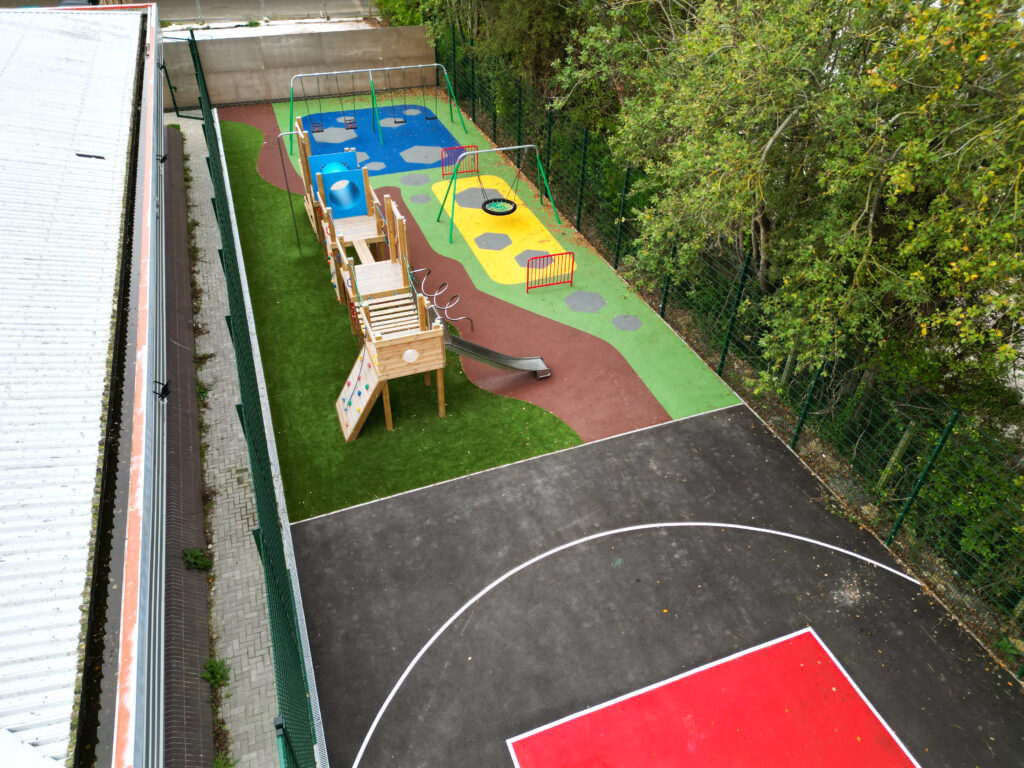



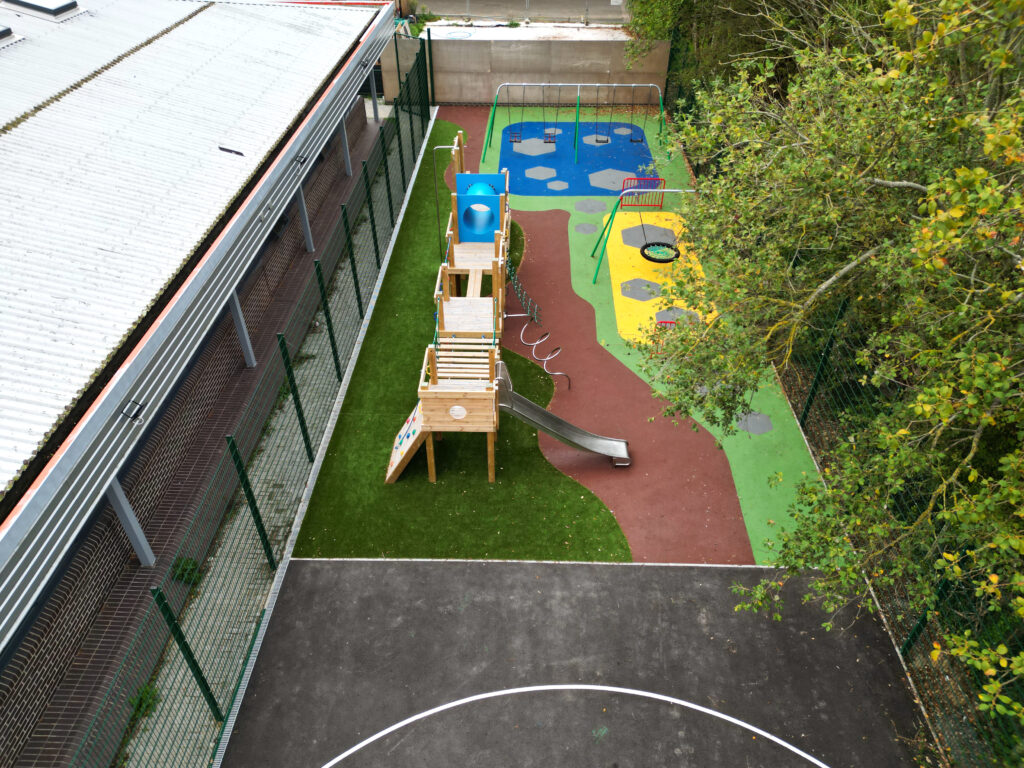







We Aim To Reply To All Enquiries With-in 24-Hours